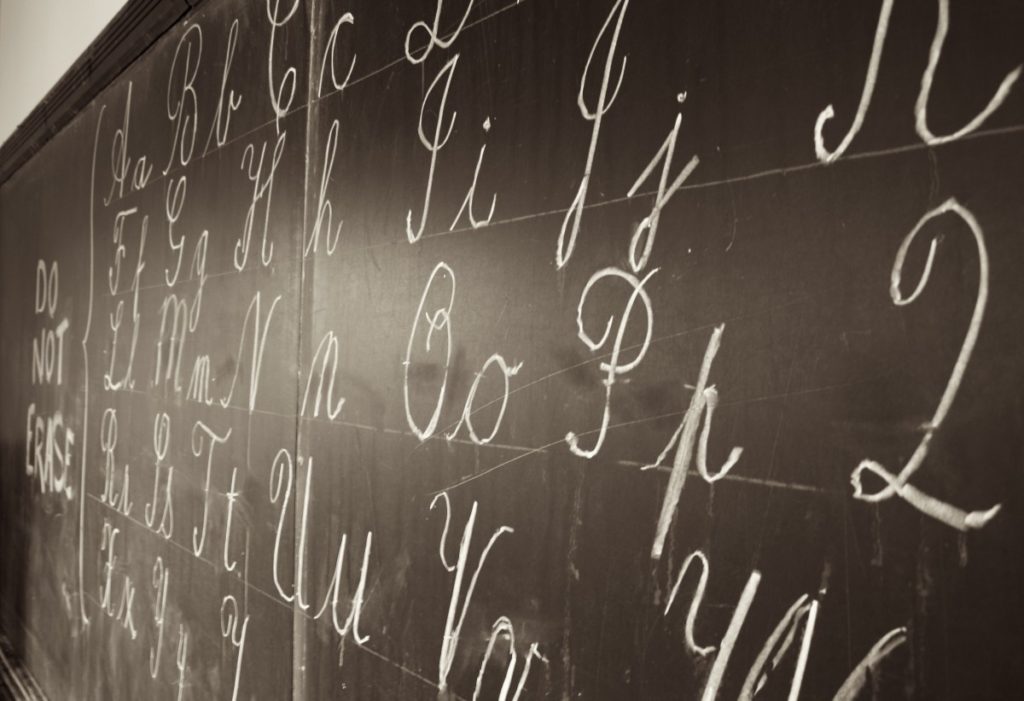For the first time since the launch of the PISA studies in 2000, the ability in the mathematics of 15-year-old students in the Wallonia-Brussels Federation is now slightly above the average among the OECD's member countries, according to the results published in the 2018 edition on Tuesday.
With a score of 495 points in mathematics, the Wallonia-Brussels Federation has risen above the OECD average (489 points) for the first time. The Federation is nonetheless still behind Flanders (518 points) which has also seen a decline in its rating, losing first place in the European classification to Estonia.
Always closely followed by the stakeholders in schools, the PISA studies measure the performances in reading, mathematics and sciences every three years of some 600,000 15-year-olds in 79 developed or emerging countries, including the 37 member countries of the Organization for Economic Co-Operation & Development (OECD).
As for reading - the main area of focus this year - the inquiry found that young francophones remain poor at the subject. With a score of 481, the Wallonia-Brussels Federation remains below the OECD average of 487, left behind here too by Flanders (502).
In science, on the other hand, the performance of young francophones remains steady at 485, but still below the OECD average of 489, which has remained constant since the launch of the PISA studies nearly twenty years ago.
The Brussels Times

